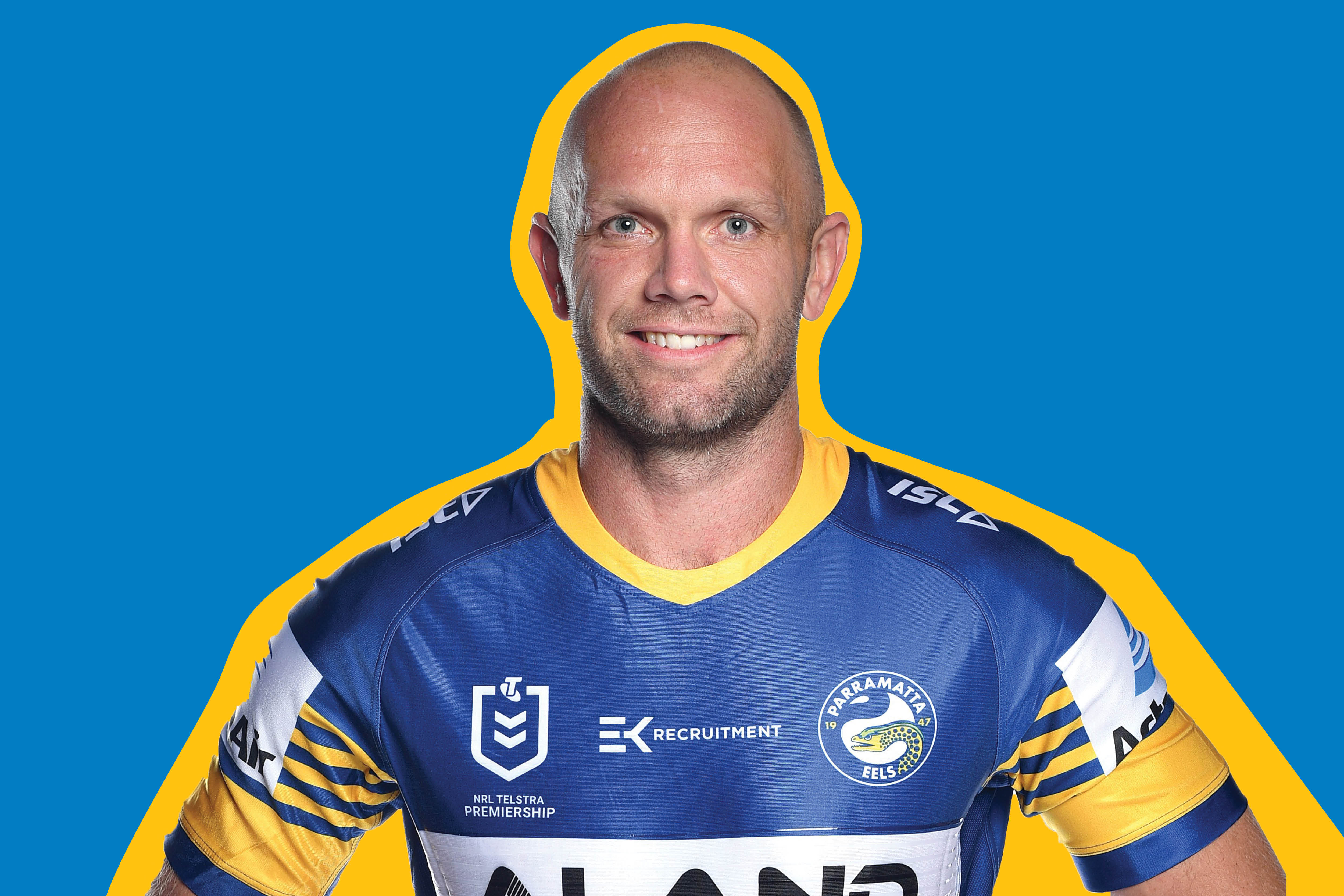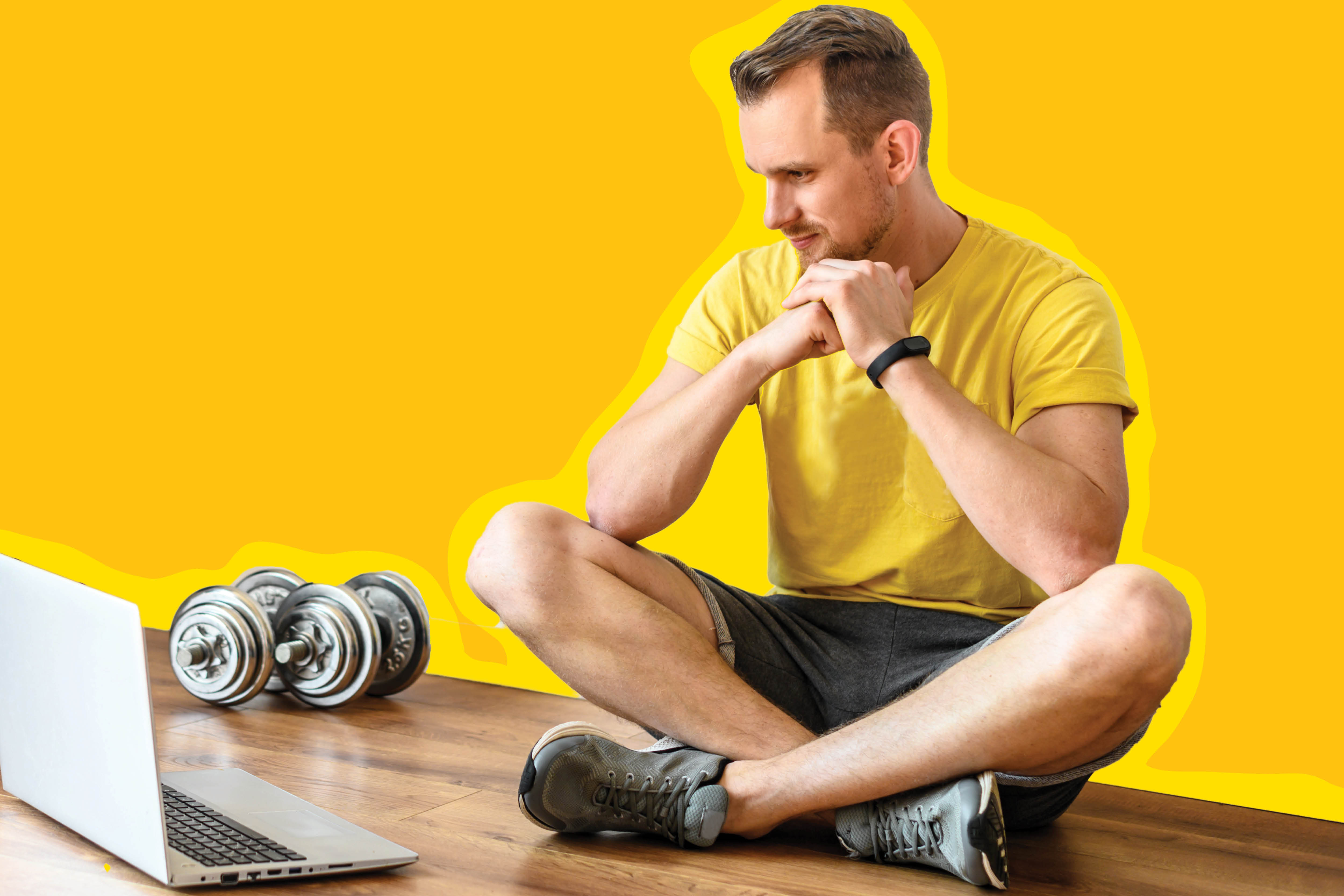Recently we had Josh and Nathan Katz who represented Australia in Judo at the Olympics Games in 2016, participate in our online event ‘Playing in All Conditions.’ Nathan, who is a community custodian for Lifeline gave us a reminder that we all needed to hear when he said “it's okay to not be okay.”
During this pandemic so many people have been talking about all the things that we should be doing. While it's great to learn a new skill or get on top of the things we’ve been putting off, it's also important to remember that this is a really hard time for many of us. So many people have lost jobs, had their hours reduced or their work made harder. If you’re feeling like there’s a lot on your plate at the moment, it's important you don’t add to it by telling yourself that you should be doing more.
“While we are talking about being mentally strong, not everyday we are mentally strong and there [might be] days that we are really struggling and that is okay, there are people that are there to help you, just reach out as those tough times don’t last... this period isn’t going to last forever but [try to accept] that it is okay to not always be okay and that things are going to get better”
So, what should we be doing?
- Remove ‘should’ and ‘must’ from your thoughts
When you have downtime do you find yourself thinking ‘I should be doing more’ or ‘I must finish that job application, I shouldn’t be sitting around?’ When we talk to ourselves like this we end up feeling even less motivated to do anything. A better approach is to stop ourselves when we start thinking like this, also it's okay (and so important) to rest and take care of ourselves. - Reach out to other people
When you’re not feeling great it can be tempting to lock yourself away thinking that you’ll do something when you feel better. But often, the key to feeling better is connecting with people. Connect with friends and family and let them know how you’ve been feeling or reach out for counselling if you want professional support. Sometimes just talking about what’s on your mind is enough to make it seem less bad. - Focus on the basics
In tough times it becomes extremely important to go back to basics, eating well and exercising will have a massive impact on how you handle challenges.
So don’t make yourself feel bad if others are doing more than you right now or if you’re feeling overwhelmed. Just try to be less harsh on yourself and definitely don’t go it alone. If you would like some support for yourself or a mate, a great place to start is with our list of free online and telephone based mental health resources.
This article talks about mental health and wellbeing
If you or someone you know is experiencing mental health issues there are free services you can access. Headspace is a free service for young people up to 25 years — visit their website here. You can also access Lifeline 24/7 for crisis support and suicide prevention 13 11 14 or Beyondblue 1300 22 4636.

